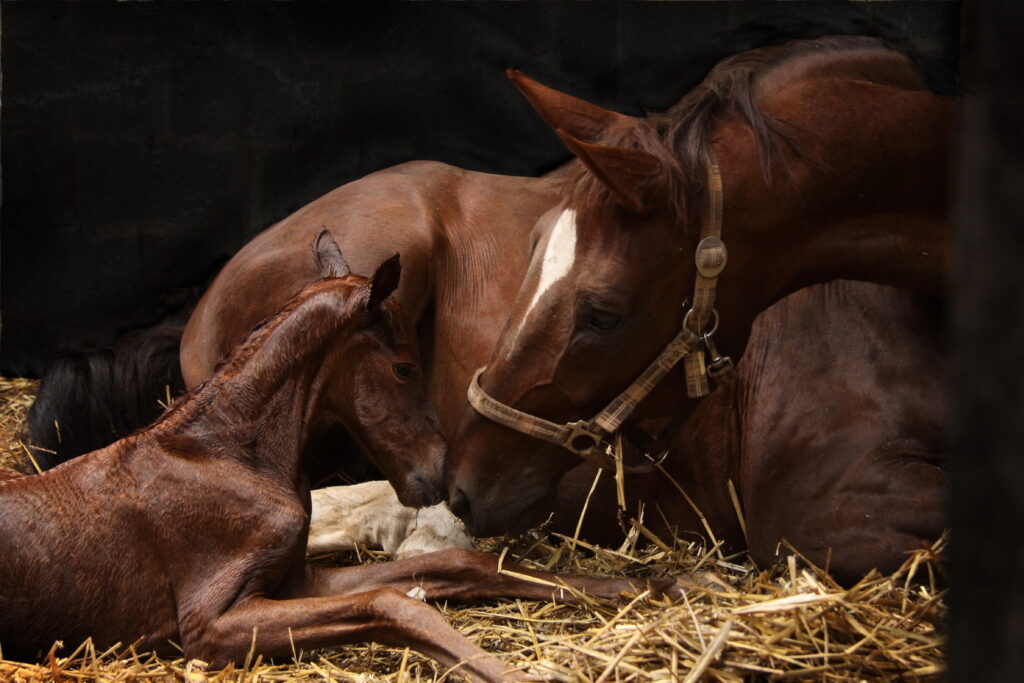
By, T. Randolph Catanese, Esq., Los Angeles, CA
When a person or entity starts a horse breeding program, it is very important to consider multiple factors regardless of the size of the program. Tax considerations are very important with respect to the activity given the “hobby loss” rules. Moreover, consideration should be given to the ultimate goal of the program and whether the purpose of the program is for the joy of breeding a particular horse or whether the program is designed for significant sales at auction or at private treaty.
Section 183 of the Internal Revenue Code limits tax losses if there is a determination the horse breeding program is not a program which exhibits a for profit intent by the taxpayer. IRS regulations state that an activity involving horse breeding is presumed not to be a hobby if it produced a profit in two out of seven consecutive tax years. Note that a special election on Form 5213 permits suspension of the presumption until after the sixth tax year for horse breeding after the taxpayer first engages in the activity. But, filing the form automatically extends the statute of limitation for the IRS to assess a deficiency for any deductions of the activity in any year during the seven year period and for two years after the due date of the return for the last year of the period. So, keep in mind that it is important for the taxpayer to document efforts in the horse breeding program to make a profit.
For many horse owners, a logical next step is to establish a breeding program. The breeding of horses many times produces revenue which will offset other costs of the equine farm operation. Further, stallion owners have many opportunities to create income. For some breeds, the sale of frozen semen can create income. For other breeds which require natural cover, income can be obtained through a book of mares matched to the stallion. Contracts involving stallions contain many opportunities for the breeder to produce income (i.e., one option is a lease). Income from the breeding of a mare such as foal sales or leasing and income from stallion activity will significantly help establish the equine business is operated with the intention of making a profit.
Depending on the breed and the contract, “live foal” guarantees are also useful in securing a buyer for a breeding right.
In summary, an equine breeding program can bring great satisfaction to the taxpayer when they establish the validity of their breeding program, but the breeding activity many times also meets the IRS requirements for operating an equine business for a profit.
